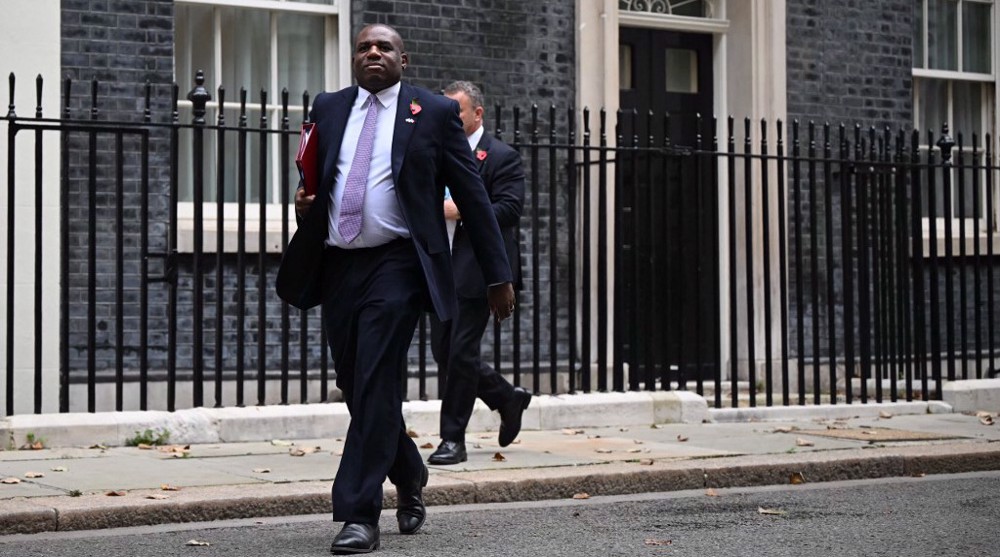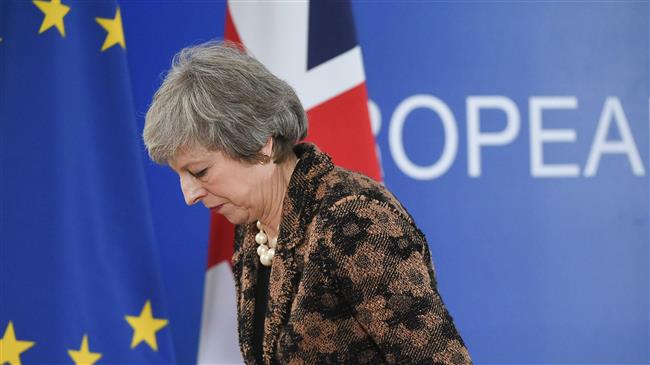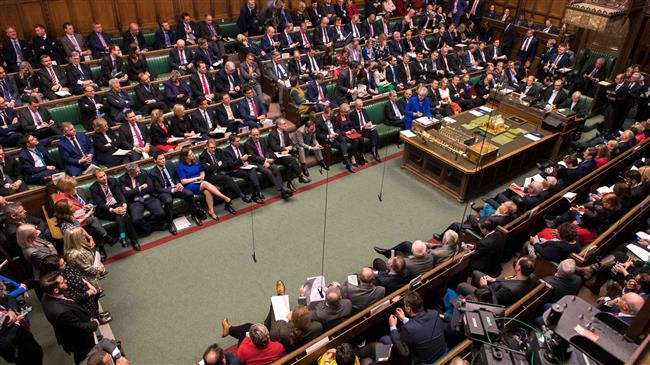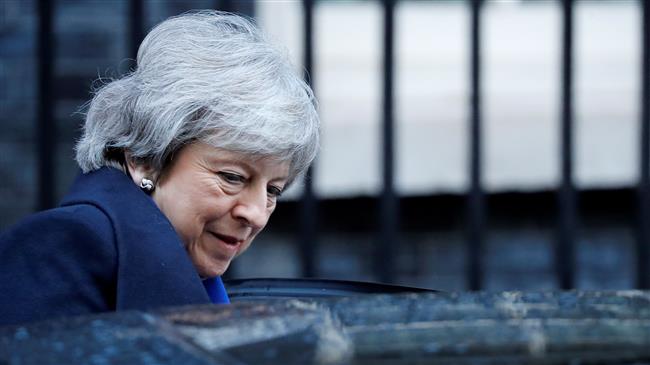UK test-run of no-deal Brexit contingency sparks outrage
A test-run of potential traffic jam caused by trucks carrying goods into Britain from Europe has caused widespread outrage in the country with many mocking it as a farce to frighten European Union about ramifications of UK’s withdrawal from the bloc with no agreement.
“This is a taxpayer-funded farce,” said Layla Moran, a Liberal Democrat lawmaker and a fierce critics of Brexit on Monday after the transport ministry rolled a convoy of nearly 90 trucks from Manston airfield in Kent, in southern England, to the port of Dover, Britain’s most important gateway to Europe which many expect could see chaos and disruption in case of a no-deal Brexit.
The ministry said hiring the lorries cost 48,950 pounds ($62,484) in a test-run that saw them driving from Manston airfield to Dover and back to the airfield.
Other critics said the drill was too little, too late with Britain’s Road Haulage Association (RHA) saying it should be repeated again so that the British government could properly stress-test the management of thousands of lorries on Kent’s roads.
“Today’s trial cannot possibly duplicate the reality of 4,000 trucks being held at Manston airport in the event of a no-deal Brexit,” said RHA’s chief executive Richard Burnett in a statement.
I mean, this is funny because it’s written well. But the subject matter is... insane. A fake traffic jam to demonstrate to the EU that we can handle traffic jams. That’ll show ‘em. https://t.co/Pj5aTochuU
— Ralf Little (@RalfLittle) January 7, 2019
Charlie Elphicke, a Conservative lawmaker for Dover, said the exercise was not the right plan given the huge difficulties that might arise at Dover after a no-deal Brexit.
“Less than a hundred lorries is a drop in the ocean compared to the more than 10,000 that go to the channel ports every day,” said Elphicke, adding, “Sending lorries across Kent on a wild goose chase to Manston airport and then to the port of Dover by small and winding, often single track ‘A roads’ through Kent villages is not the right plan.”
The British government has indicated that it has plans in place to cope with the no-deal Brexit, a scenario that could become highly likely on Britain’s departure date from the EU on March 29, 2019, if the parliament rejects a draft Brexit deal signed between London and the bloc in November.
Iran refutes US, UK accusations over Ukraine war, West Asia conflicts
Pakistani town erupts in protest after terrorists kill scores of Shia Muslims
US senator threatens ICC with military action over Netanyahu sentence
Iran: ICC indictment of Netanyahu should have included 'genocide'
VIDEO | IAEA anti-Iran resolution
Iran urges pope to help end Israeli onslaught in Gaza
VIDEO | ICC's warrant against Netanyahu
VIDEO | Dispute over 'self-defense' clause













 This makes it easy to access the Press TV website
This makes it easy to access the Press TV website